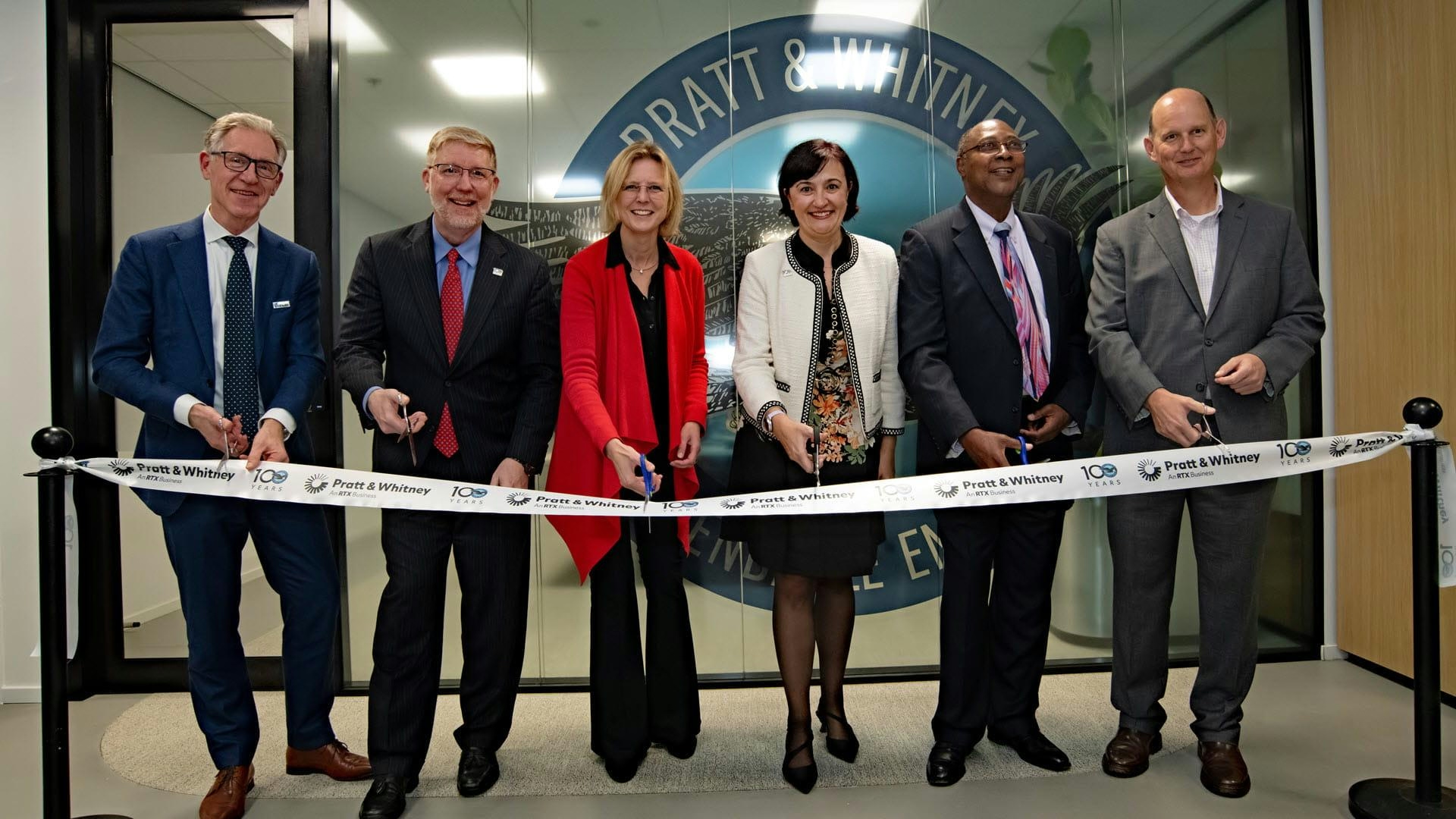
AeroGenie: Su copiloto inteligente.
Tendencias
Categories
India’s Aerospace Supply Chain Expands from $250 Million to $2 Billion
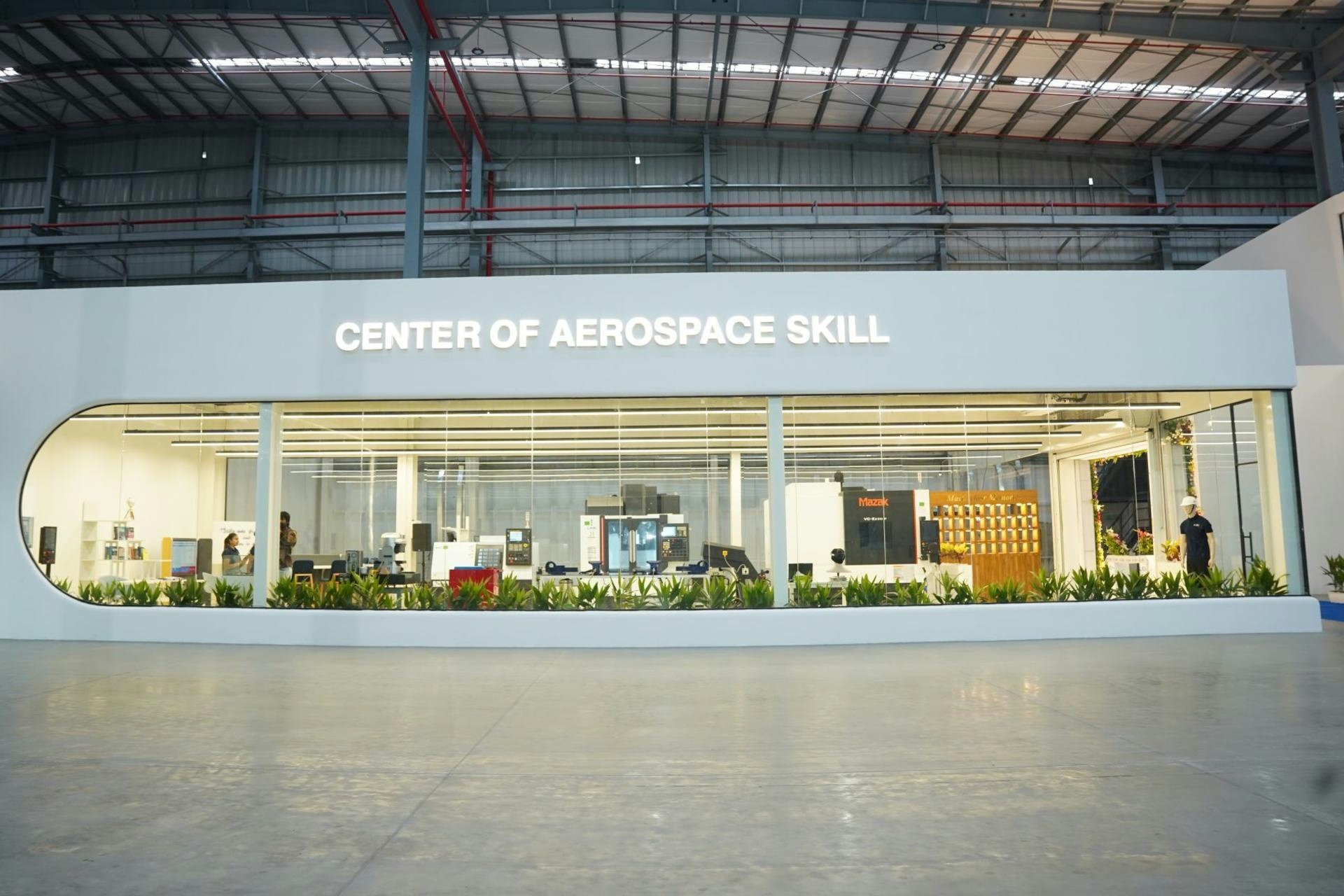
India’s Aerospace Supply Chain Expands from $250 Million to $2 Billion
Surge in Aerospace Component Manufacturing
India’s aerospace supply chain is experiencing unprecedented growth, driven by increasing demand from global aerospace giants. Over the past decade, Indian firms have transitioned from basic manufacturing to producing higher-value components, expanding their capabilities and global reach. Boeing, for instance, now sources over $1 billion worth of components and critical systems annually from India, a significant rise from $250 million ten years ago. Airbus has set an ambitious target to procure $2 billion in components from Indian suppliers by 2030, underscoring the country’s growing importance in the global aerospace ecosystem.
Domestic companies are capitalizing on this momentum by deepening their engagement with major original equipment manufacturers (OEMs). Belgaum-based Aequs, which supplies to Airbus, Boeing, Bombardier, Collins Aerospace, and Spirit Aerosystems, reported that 89% of its Rs 925 crore revenue in fiscal year 2025 came from aerocomponents. Aravind Melligeri, chairman and CEO of Aequs, emphasized the company’s long-term commitment to its customers, noting that their role as a critical supplier insulates them from tariff fluctuations and competitive displacement.
Similarly, Hyderabad-based Azad Engineering, a supplier to Honeywell Aerospace, Rolls Royce, and Eaton Aerospace, witnessed an 84% increase in aerospace and defense revenue, reaching Rs 81 crore in FY25. Since its public listing in December 2023, Azad’s stock price has surged by 215%. Chairman and CEO Rakesh Chopdar highlighted the importance of earning OEM trust through consistent performance and precision, rather than relying solely on technology acquisition. With an order book exceeding Rs 1,700 crore—more than twenty times its annual sales—the company is expanding its manufacturing footprint with a new facility in Telangana.
Unimech Aerospace and Manufacturing is also pursuing growth through strategic acquisitions and joint ventures in both India and the United States. Co-founder Rajanikanth Balaraman noted the company’s focus on precision manufacturing targets, reflecting a broader trend of Indian firms producing increasingly complex aerospace products and subassemblies. The number of unique components supplied by Indian manufacturers continues to rise steadily, signaling enhanced technical capabilities.
Investment and Industry Challenges
The rapid expansion of India’s aerospace sector has attracted significant investor interest. Indian aerospace companies are preparing to raise approximately Rs 5,700 crore through initial public offerings in the near term, buoyed by strong order books and favorable market conditions. Unlike other export sectors such as textiles, gems, and auto parts—which face US import duties as high as 50%—aerocomponents are subject to tariffs of just 25%, providing Indian suppliers with a competitive advantage in global markets.
Despite this positive trajectory, the sector faces considerable challenges. Ongoing supply chain disruptions are projected to cost airlines over $11 billion in 2025 due to delays in aircraft production. These delays are prompting the global airline industry to reassess fleet plans, resulting in increased operational costs from the continued use of older aircraft, higher maintenance expenses, and additional leasing costs for engines. Moreover, India’s ambitious goals in aerospace, defense, and semiconductors depend heavily on cultivating a future-ready workforce. Currently, the talent pool is insufficiently equipped to meet the evolving technical demands of these high-technology sectors.
Nonetheless, India’s aerospace supply chain is firmly on an upward trajectory, positioning the country as an increasingly vital player in the global aerospace industry.
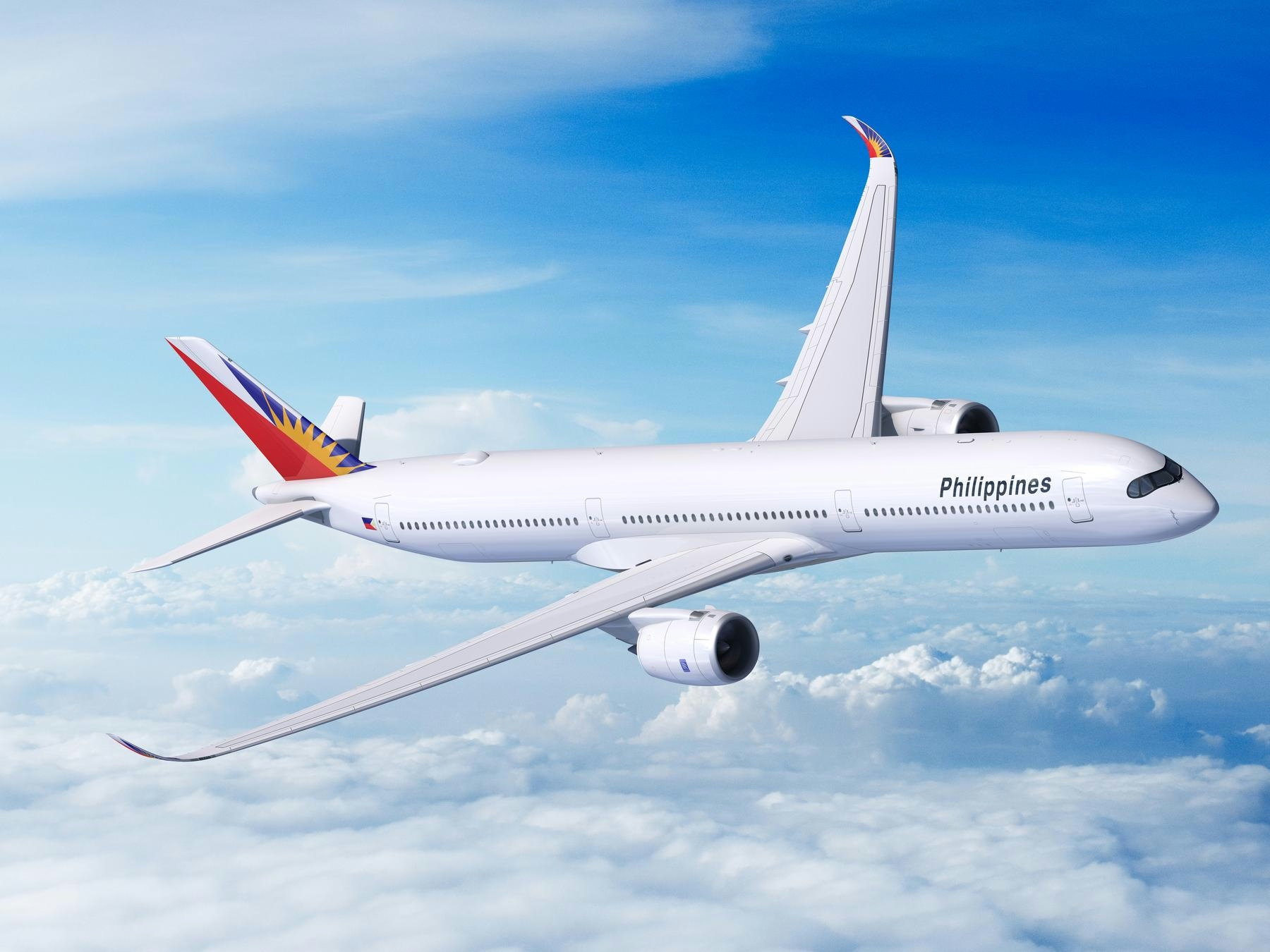
BOC Aviation to Lease Two Airbus A350-1000s to Philippine Airlines

How Many Boeing 777X Prototypes Were Built?
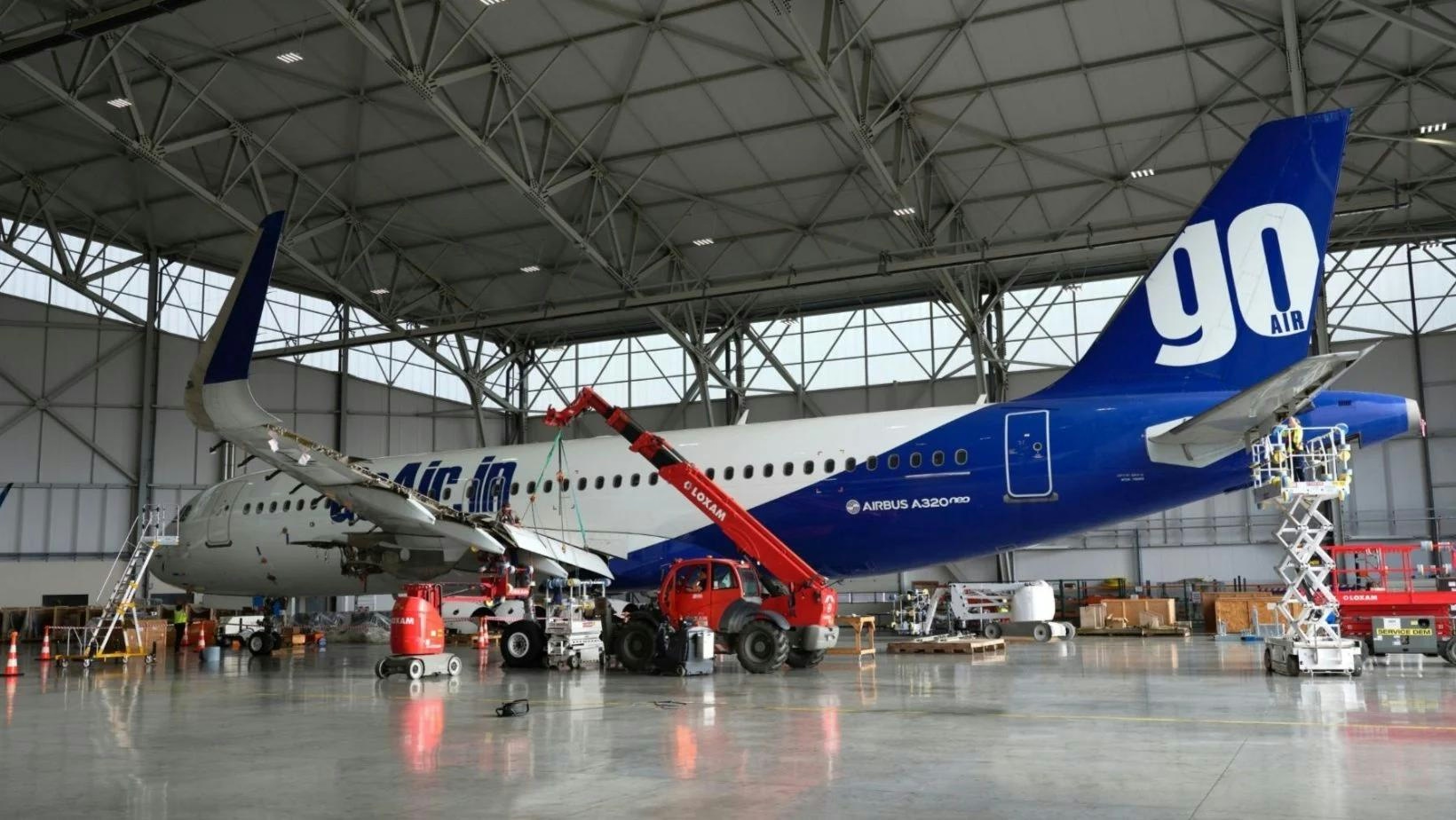
AerFin Announces Availability of A320neo Inventory
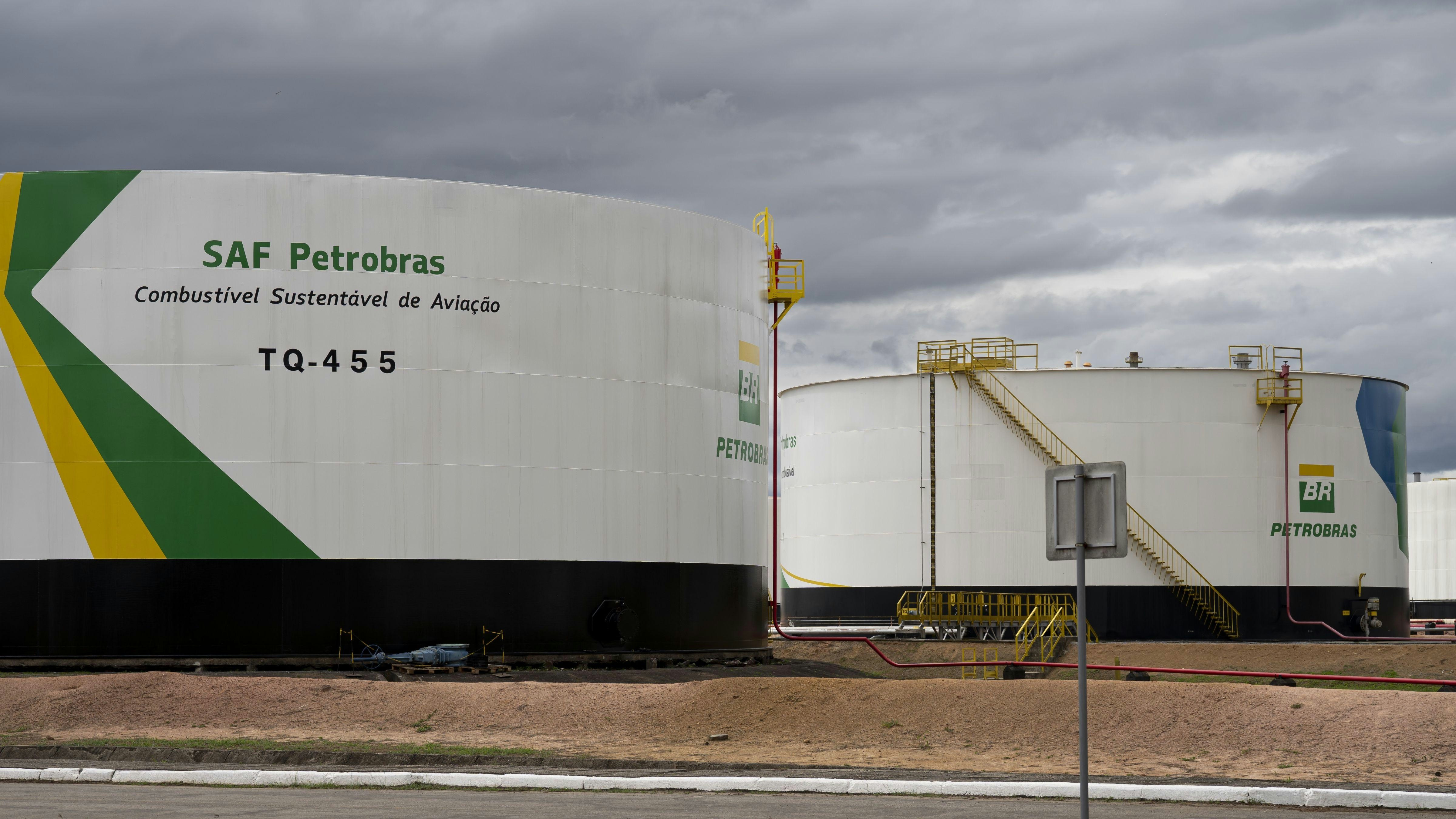
Petrobras Delivers First Sustainable Aviation Fuel Produced in Brazil
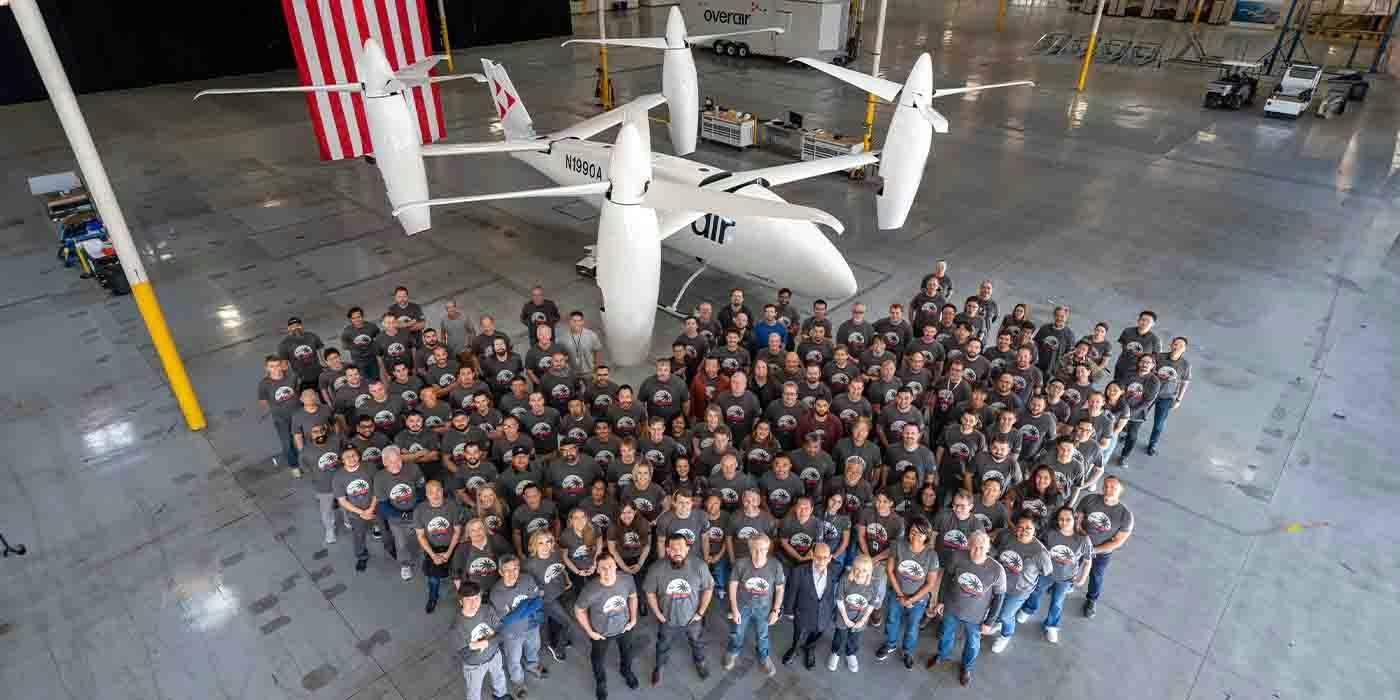
Unique mixed-propulsion eVTOL completes transition flight testing
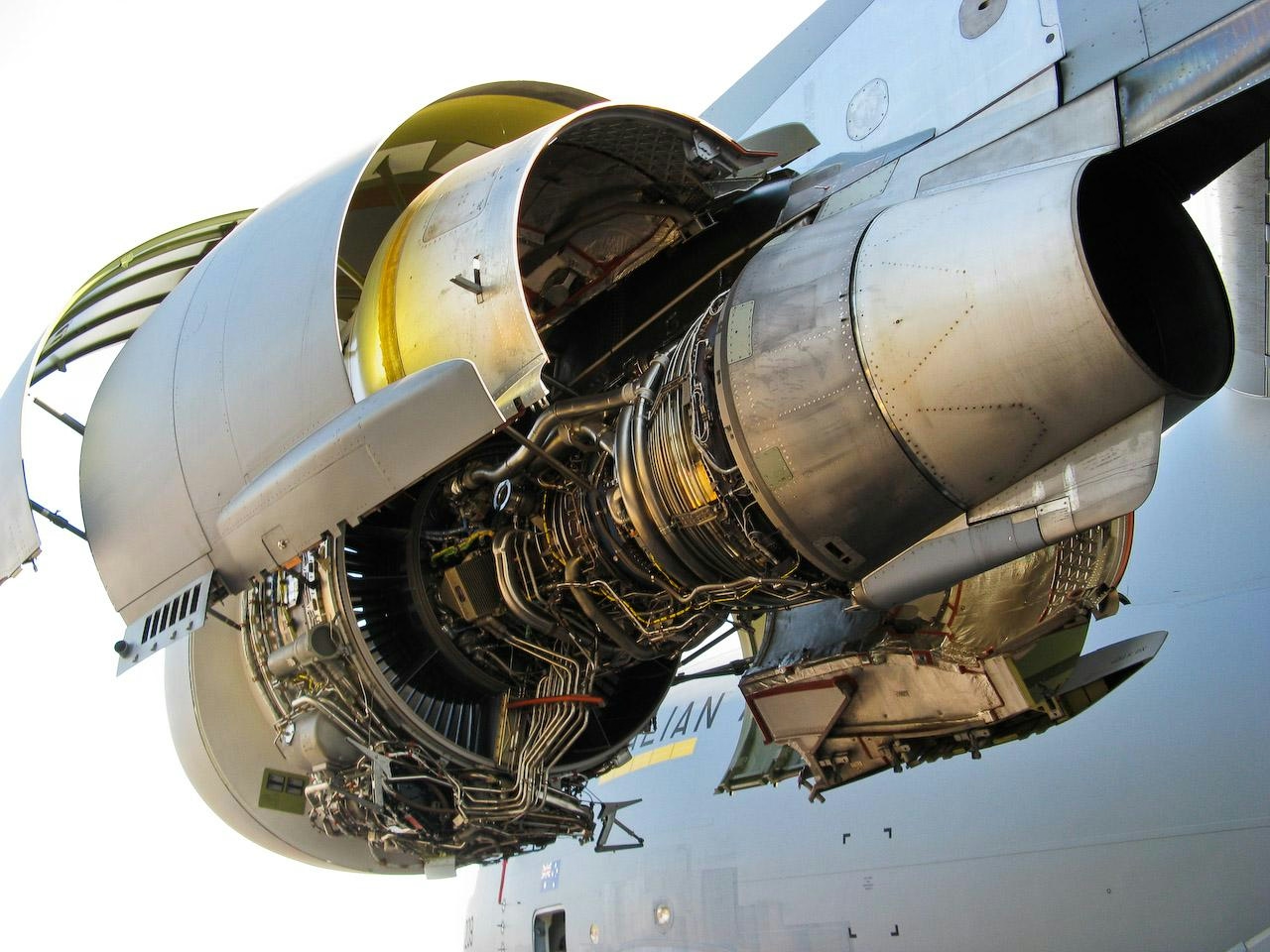
Are C-17 Globemaster Engines Derived from Boeing 757?
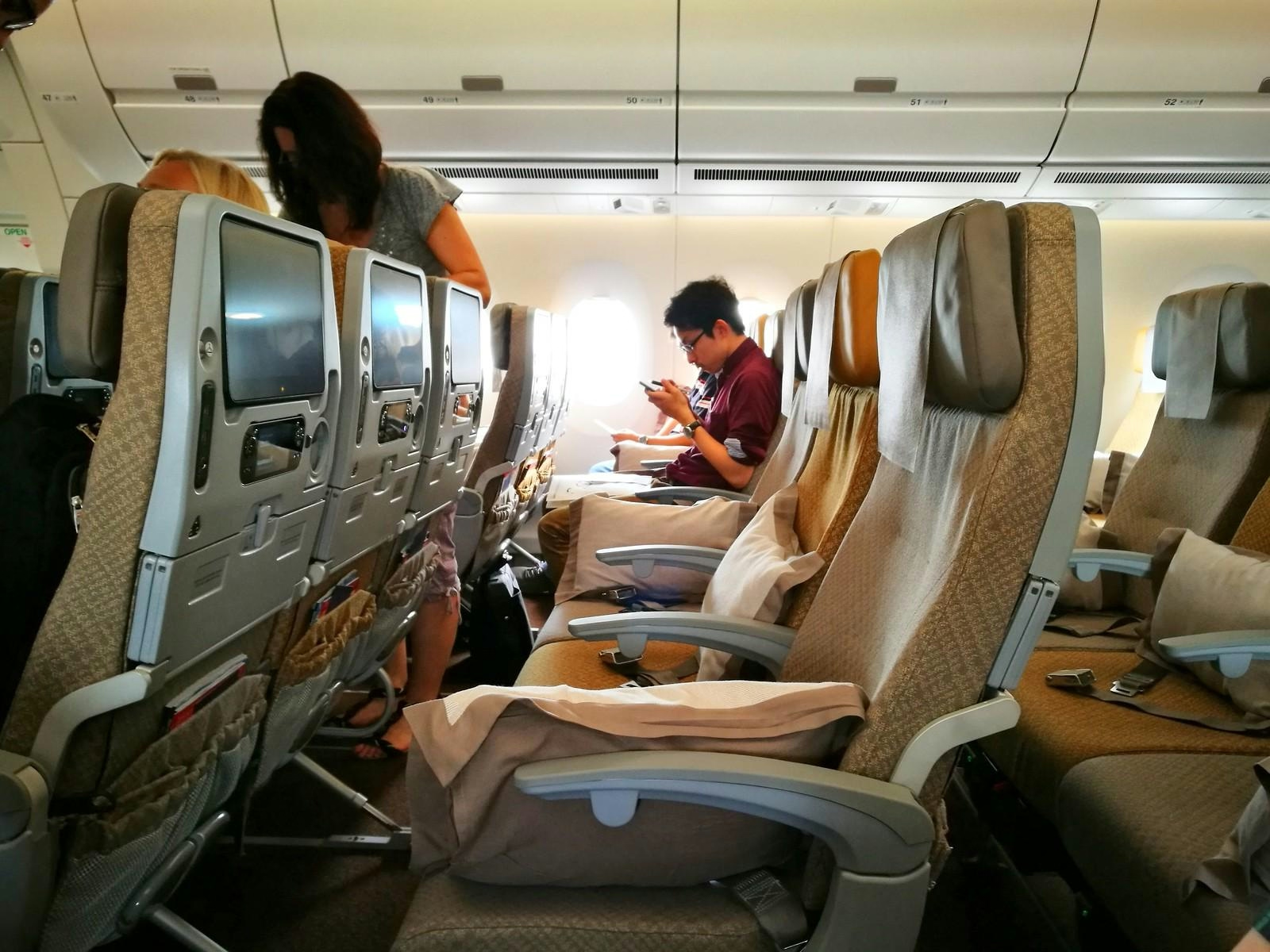
Why the Airbus A350’s Cabin Is Quieter Than Other Aircraft
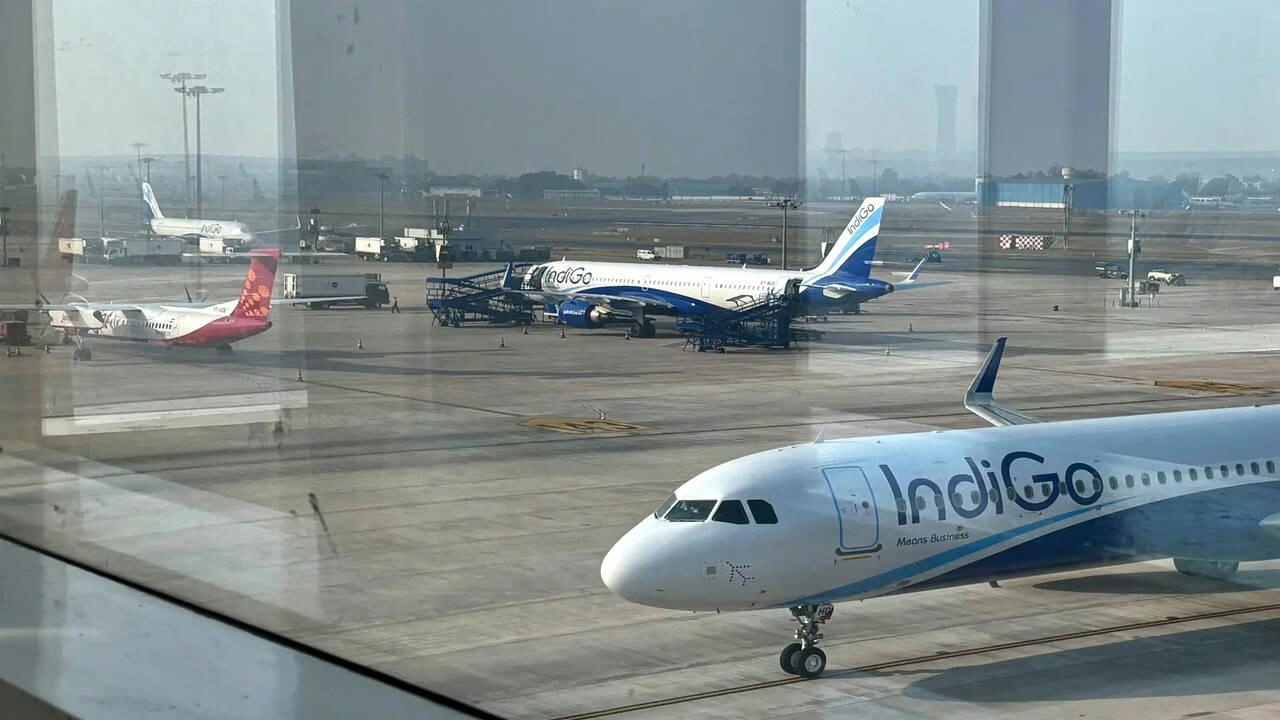
AI and AI Express Plan to Increase Capacity Amid IndiGo Flight Disruptions
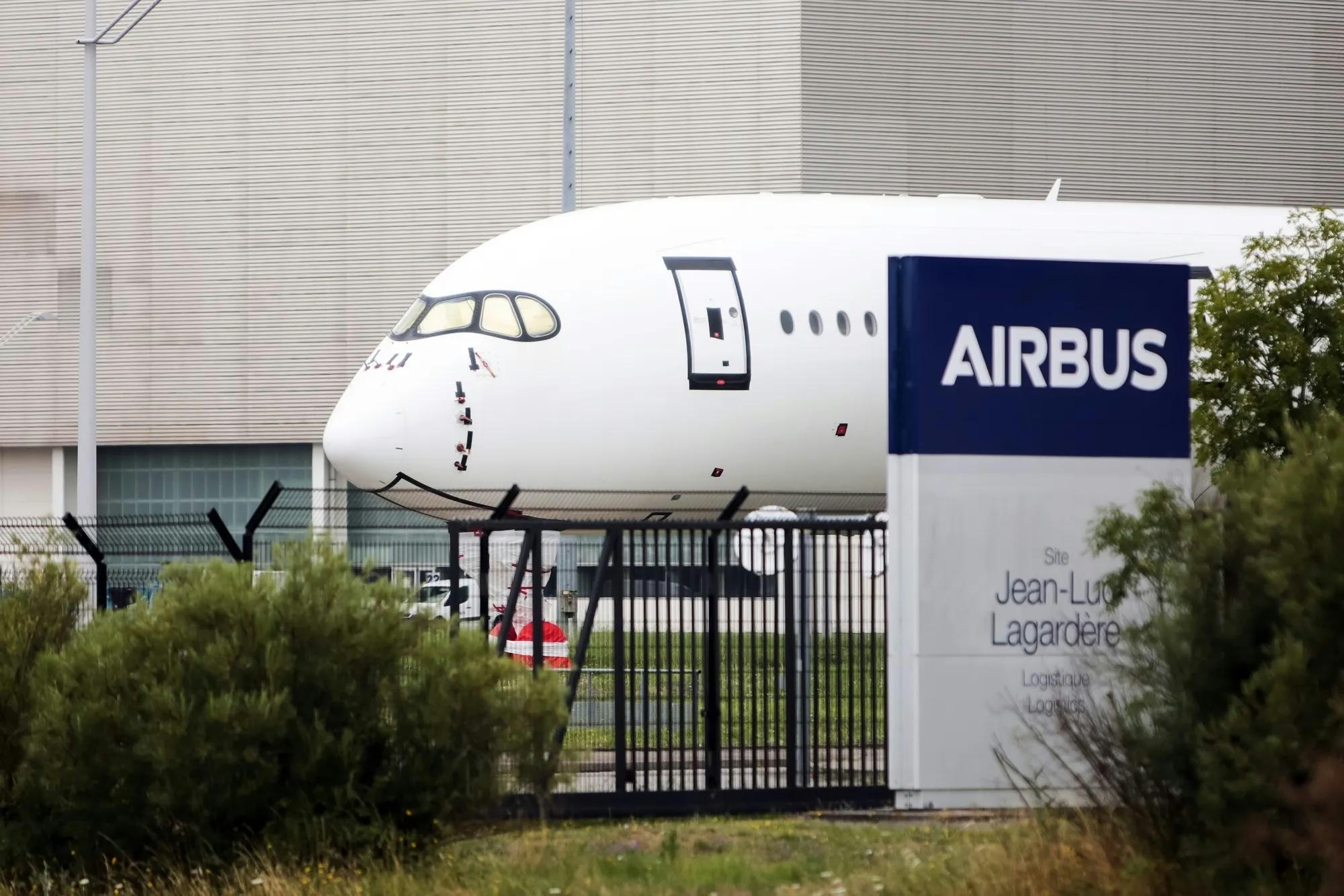
Kazakhstan and France Agree on Airbus Aircraft Deliveries
